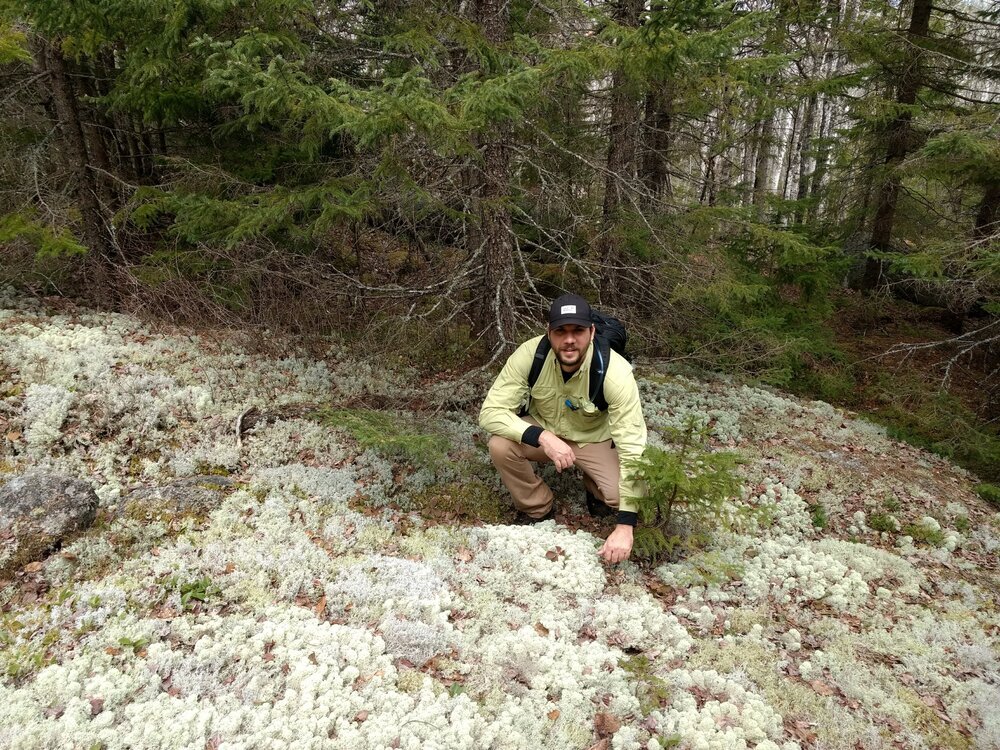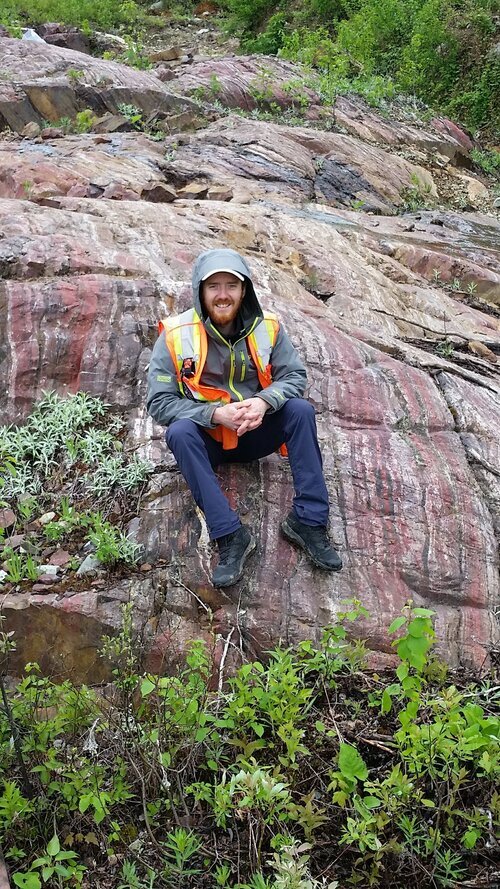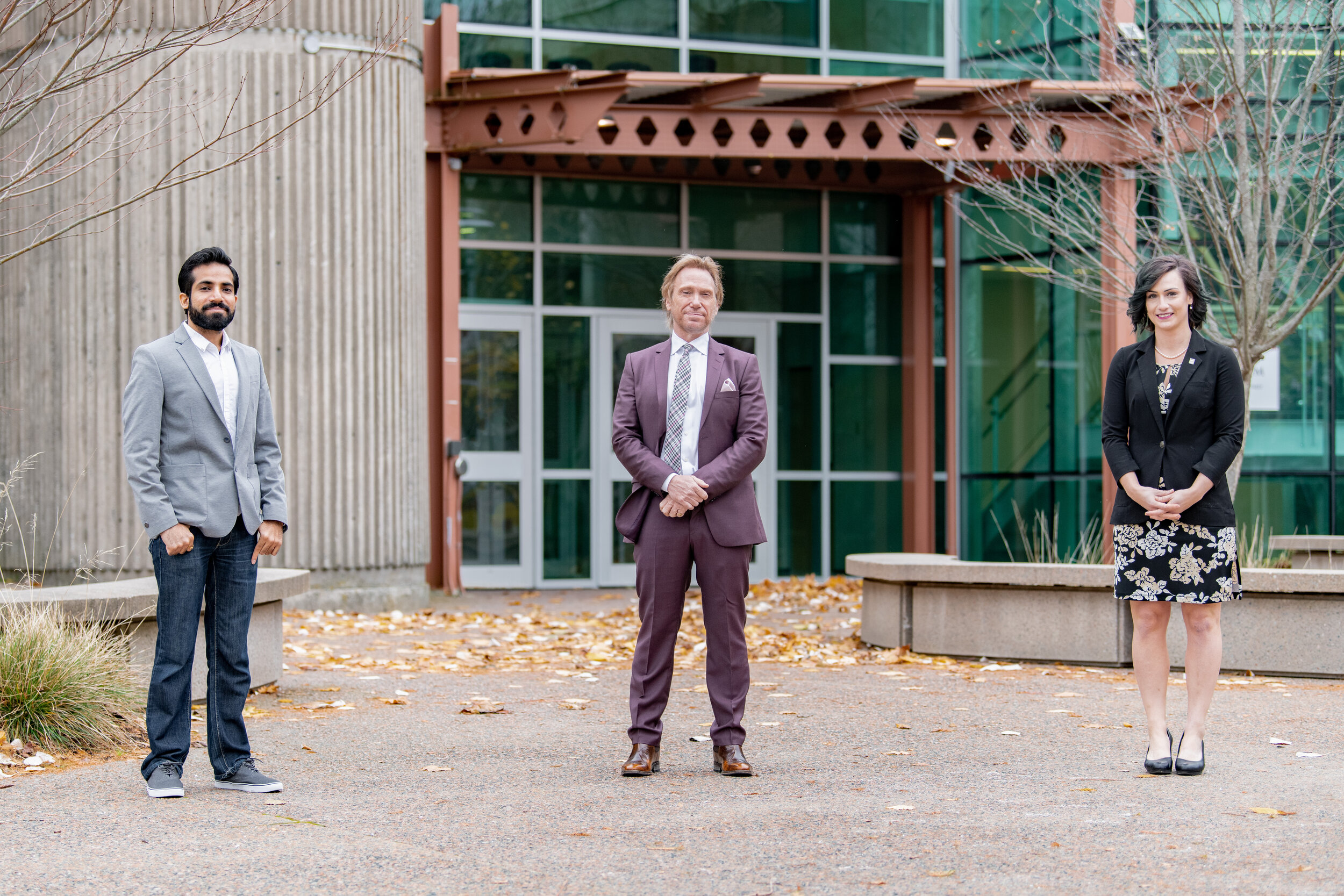Saint Mary’s University, in partnership with Volta and supported by the Government of Canada, is hosting the
SMU Community Hackathon — Addressing Human Trafficking in Atlantic Canada.
Human trafficking and sexual exploitation are devastating to survivors, families, and Canada’s most vulnerable populations. It is with this understanding that the Saint Mary’s University Entrepreneurship Centre (SMUEC) and partners aim to create awareness about human trafficking while bringing youth together with key stakeholders to explore ways technology can be used to tackle this issue.
“I was pleased to participate in Saint Mary’s University’s virtual hackathon today,” said The Honourable Bill Blair, Minister of Public Safety and Emergency Preparedness. “With the help of almost $55,000 in federal funding, the University is building on the important work it is doing to raise awareness on the signs of human trafficking, through technological innovation and collaboration. Through projects like this one, we are working together to build a safer and more resilient Canada, where all people are protected from human trafficking and its harms.”
The funding for the hackathon is made available under the Contribution Program to Combat Serious and Organized Crime.
This two-day virtual event brings together post-secondary students from across Atlantic Canada, as well as service providers, law enforcement and others, to explore innovative ways that technology can be used to raise awareness of human trafficking. In teams, participants will develop innovative solutions in combating human sex trafficking from a preventative perspective. The event will feature speakers, panel sessions, brainstorming workshops and hands-on opportunities for participants to work with peers and mentors in bringing their ideas to life.
After the hackathon, teams move on to the project’s second phase. Teams will receive weekly mentorship and attend skill development sessions as they develop their ideas over the month before delivering final pitches to an expert panel.
“At Saint Mary’s University, community is at the heart of all that we do,” said Dr. Robert Summerby-Murray, President and Vice-Chancellor, Saint Mary’s University. “We are committed to research and innovation that improves the wellbeing of our communities. This hackathon is an example of this work and we are pleased to partner with the Government of Canada as we raise awareness of human trafficking, find ways to combat this crime, and improve the lives of Canadians.”
Additional information:













